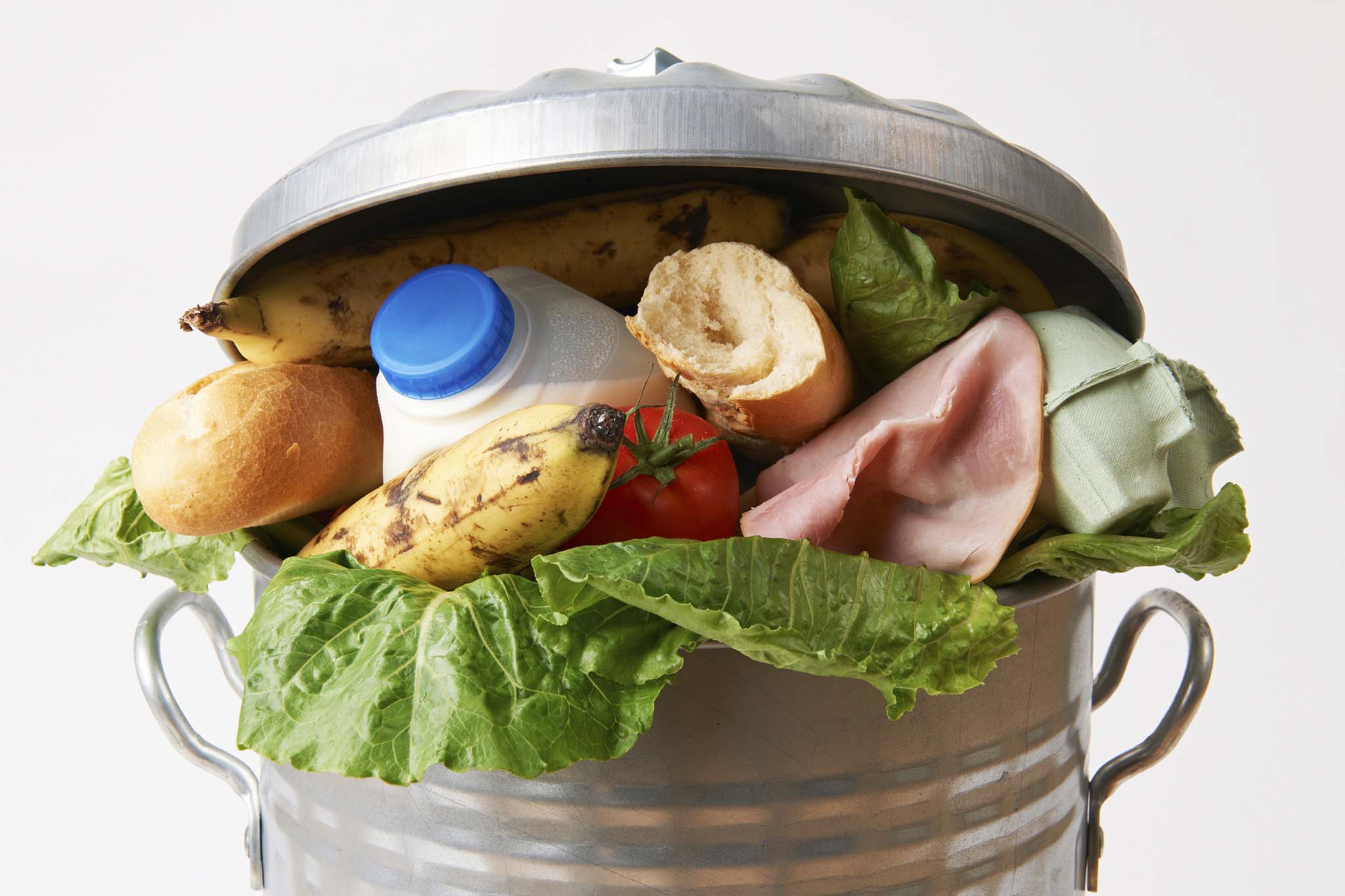
Discarded food accounts for more than half of Qatar’s municipal garbage, a fact that researchers have called “unsustainable.”
Hoping to reduce that figure, Doha-based academics are seeking volunteers to keep track of their trash for a week, as part of a larger study on food waste in the country.
In addition to looking at the issue from a household level, academics from Georgetown University – School of Foreign Service in Qatar (GU-Q) are leading a three-year study that will investigate the extent of waste on the supply side.
Using a grant from Qatar Foundation‘s Qatar National Research Fund, the international team aims to find out how much food is being thrown away here and why.
The Safeguarding Food and Environment Qatar (SAFE-Q) project is a collaboration between GU-Q, Cranfield University and Brunel University in the UK and the University of Western Sydney in Australia.

Researchers have already begun investigating what is going on at the supply end, and are now asking Qatar residents to volunteer to take part in several anonymous, online surveys over the course of a week, in which they will be asked to record what happens to food in their house.
The surveys take about 10 minutes to fill out and can be completed in Arabic or English, GU-Q said in a statement.
Residents interested in volunteering can register through the project’s blog site here, which also gives regular updates on the progress of the investigation.
Dr. Zeynep Topaloglu, assistant professor at GU-Q, is co-lead principal investigator of the research project.
In a statement, she described Qatar’s current significant food waste as “unsustainable and shocking:”
“In a world where one in nine people are hungry, where political unrest and natural disasters are impacting global food security, these statistics are unsustainable and shocking, requiring us to start taking action to understand why it’s happening and to find ways to prevent and reduce food waste.”
Project aims
At an individual level, Topaloglu said she hopes that residents who take part in the study will be more aware of the amount of food they buy and what they actually need, and thus encouraged to take steps to waste less.

The researchers also hope that the survey results will help influence national policy on the issue.
“In the bigger picture, they (the volunteers) are helping to raise national awareness about food waste, and through their survey responses used in this research, they will eventually help to reduce Qatar’s food waste,” Topaloglu added.
Data and findings from the research will also be shared with the United Nations Environment Program, which is currently conducting a drive to cut food waste in Saudi Arabia.
The UN agency has asked the SAFE-Q team to collaborate on a regional campaign to reduce the amount of wasted food, GU-Q said.
In addition to environmental factors, cutting Qatar’s food waste also influences its food security and sustainability concerns. These are important issues for a desert country that imports around 90 percent of its food.
Awareness about the need to shop smarter and waste less is slowly starting to take off in Qatar, although much still needs to be done.

More than 150 million tons of food waste is generated each year in the Middle East, but it’s the Gulf countries that significantly contribute to this figure.
Qatar, Bahrain, Saudi Arabia, the UAE and Kuwait have all been listed in the top 10 countries in a global index in terms of per capita solid food waste.
Qatar alone has one of the highest per capita food wastes in the world – up to 1.8kg per day.
And, with the way that things are going, Qatar’s wastage is expected to see an annual growth rate of 4.2 percent by 2032, according to Qatar Development Bank.
Grassroots campaigns
Some local organizations have set up their own initiatives to tackle the issue. Last year, the Intercontinental Doha – The City hotel launched its first “No Bin Day” at its staff canteen.
Using the slogan “Take all you can eat, eat all you take,” the campaign aimed to cut food waste in the cafeteria in half, from the usual 10kg to 5kg per meal.
Instead of the usual five bags of food waste after each meal, on the day only two bags were filled.

Some charities, such as the Sheikh Eid Charity Association, also have schemes to collect leftover food from homes, hotels and restaurants, following special occasions like weddings or banquets, where large quantities of food are usually thrown away. The food is then distributed to the needy.
Earlier this year, the charity said it had seen an uptick in interest for its service, and it typically makes 50 trips a day to collect food.
Its staff then distributes around 25,000 meals a month to workers and families in need around Qatar, using 11 mini-vans.
How much food do you waste each week? Thoughts?







